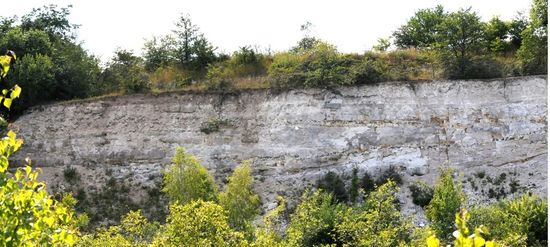Difference between revisions of "Content"
m |
m |
||
| Line 1: | Line 1: | ||
__NOTOC__ | __NOTOC__ | ||
| − | == Investigations on | + | == Investigations on contaminant transport in fractured limestone aquifers == |
[[Image:RegionH logo.png|right|180px|link=https://www.regionh.dk/]] | [[Image:RegionH logo.png|right|180px|link=https://www.regionh.dk/]] | ||
''Authors: Klaus Mosthaf, Mette Martina Broholm, Poul Løgstrup Bjerg, Philip John Binning ([https://www.env.dtu.dk/ DTU Environment] )''<br /> | ''Authors: Klaus Mosthaf, Mette Martina Broholm, Poul Løgstrup Bjerg, Philip John Binning ([https://www.env.dtu.dk/ DTU Environment] )''<br /> | ||
Revision as of 11:43, 28 April 2016
Investigations on contaminant transport in fractured limestone aquifers
Authors: Klaus Mosthaf, Mette Martina Broholm, Poul Løgstrup Bjerg, Philip John Binning (DTU Environment )
This is part of a collaboration project between DTU Environment and the Capital Region of Denmark
Overview
Data acquisition and conceptual model development
Data acquisition and field methods
Development of a conceptual model for a field site (Akacievej, Hedehusene)
Modeling
Modeling objectives: how can models help in decision making?
Available model types for flow and transport in fractured aquifers
Modeling tools and little helpers
Model setup for fracture flow and transport in a limestone aquifer
Field data and model calibration
Model output: what do we get out of the different models?

